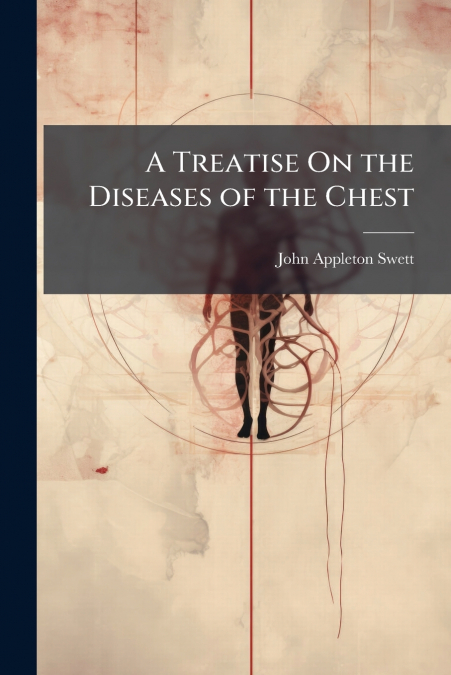
John Appleton Swett
'A Treatise On the Diseases of the Chest' by John Appleton Swett offers a detailed exploration of pulmonary ailments as understood in the mid-19th century. Based on a series of lectures delivered at the New York Hospital, this work provides insights into the diagnosis, pathology, and treatment of various chest diseases prevalent during the period. Swett’s comprehensive approach covers a range of conditions, reflecting the medical knowledge and clinical practices of the time. This treatise is valuable for those interested in the history of medicine, particularly the evolution of pulmonology and the development of diagnostic techniques. It offers a glimpse into the challenges faced by physicians in an era before modern medical technology and highlights the foundational knowledge upon which contemporary respiratory medicine is built. 'A Treatise On the Diseases of the Chest' stands as a significant historical document, illustrating the progress of medical science and the enduring quest to understand and treat diseases of the respiratory system.This work has been selected by scholars as being culturally important, and is part of the knowledge base of civilization as we know it. This work was reproduced from the original artifact, and remains as true to the original work as possible. Therefore, you will see the original copyright references, library stamps (as most of these works have been housed in our most important libraries around the world), and other notations in the work.This work is in the public domain in the United States of America, and possibly other nations. Within the United States, you may freely copy and distribute this work, as no entity (individual or corporate) has a copyright on the body of the work.As a reproduction of a historical artifact, this work may contain missing or blurred pages, poor pictures, errant marks, etc. Scholars believe, and we concur, that this work is important enough to be preserved, reproduced, and made generally available to the public. We appreciate your support of the preservation process, and thank you for being an important part of keeping this knowledge alive and relevant.